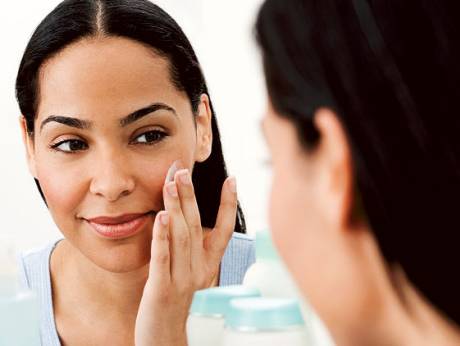Skin lightening is popular in many parts of the world, including South Asia and the Middle East.
皮肤美白在包括南亚和中东在内的世界许多地区都很受欢迎。
But medical experts say that in Africa -- a continent where regulations are lax or scorned -- the widening phenomenon is laden with health risks.
但医学专家说,在监管松懈、执法不严的非洲大陆,这一日益流行的现象暗藏健康风险。
Africa is experiencing a "massive trend of increased use of skin bleaching, particularly in teenagers and young adults," said Lester Davids, a physiology professor at the University of Pretoria in South Africa.
南非比勒陀利亚大学生理学教授莱斯特·戴维斯表示:“非洲正经历大规模使用皮肤漂白剂的趋势,在青少年和年轻的成年人中这一趋势更加明显。”
"The older generation used creams -- the new generation uses pills and injectables," he said.
“老一代会使用面霜,新生代则选择吃药或打针。”

In Nigeria alone, 77% of women, more than 60 million people -- are using lightening products on a "regular basis", the World Health Organization said.
世界卫生组织表示,仅在尼日利亚,就有77%的女性,也就是超过6000万人,定期使用美白产品。
The rich tend to opt for pricier registered products. Others are likely to buy creams, often bootleg concoctions mixed in the back streets, which may be dangerous.
富人们会选择更昂贵的注册产品,而其他人购买的面霜则通常是在幽暗小巷里非法调制,安全系数低。
"These chemicals in the products damage respiratory, kidney and reproductive systems," an official from the Nigerian drug control agency warned. "They cause cancer, affect the nervous system, deform unborn babies."
尼日利亚药物管理局的一位官员警告称:“这些产品中的化学成分会对呼吸系统、肾脏以及生殖系统造成损害,还会导致癌症、影响神经系统、导致胎儿畸形。”


